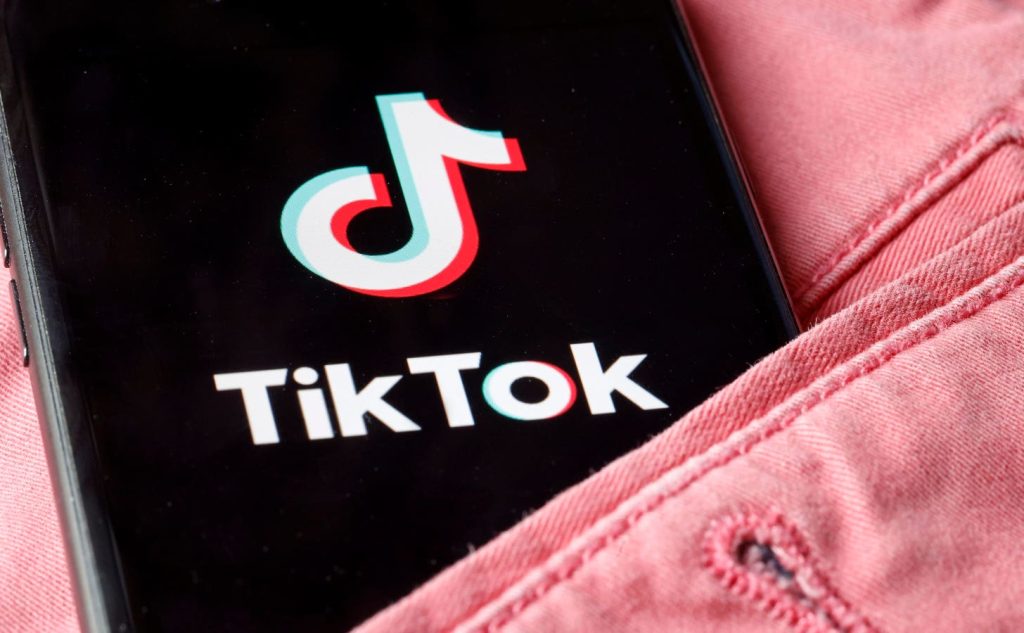TikTok Ban Looms: Creators Face Uncertain Future, Industry Braces for Impact
The vibrant landscape of the creator economy faces a potential seismic shift with the looming threat of a TikTok ban in the United States. This platform, renowned for its virality-optimized algorithm and democratized content discovery, has catapulted countless creators and small businesses into the spotlight, fostering thriving income streams and novel forms of digital entrepreneurship. However, the prospect of a ban has sent ripples of anxiety through the creator community, forcing a reassessment of strategies and sparking concerns about the future of livelihoods, creative expression, and the broader influencer marketing ecosystem. The uncertainty underscores the precarious nature of building a business on a single platform and the need for adaptability in the ever-evolving digital landscape.
For many creators, TikTok is more than just a platform; it’s a primary source of income, a vital connection to their audience, and a crucial component of their brand identity. Creators like Johanna Smarsh, who utilizes TikTok Shop to generate a substantial monthly income supporting her family, face the stark reality of losing a significant financial pillar. The potential loss of TikTok revenue streams, ranging from thousands to hundreds of thousands of dollars annually, presents a significant challenge for creators who have built their businesses around the platform’s unique features and reach. The fear extends beyond income, encompassing the loss of audience connection and brand visibility cultivated over time. Creators like Kelsea Warren, who leverages TikTok for corporate keynotes and brand partnerships, emphasize the potential disruption to their professional trajectory and the erosion of their primary audience base.
The looming ban has spurred creators to diversify their online presence, exploring alternative platforms and strategies to mitigate the potential fallout. Jada West, a creator with a substantial TikTok following, has proactively shifted her focus to building communities on Telegram and revitalizing her presence on YouTube and blogs, recognizing the need to establish a presence beyond the confines of a single social media platform. Similarly, Cara Jones, a stay-at-home mom creator, acknowledges the potential job loss but remains optimistic about the opportunities for growth on other platforms. This proactive diversification highlights a strategic shift towards platform agnosticism, emphasizing the importance of cultivating audiences across multiple channels and reducing reliance on a single platform.
While the potential ban presents undeniable challenges, some creators view it as an impetus for adaptation and evolution. Even creators with large TikTok followings recognize the enduring demand for short-form video content and the opportunity to migrate their audience to other platforms. Valeria Lipovetsky, a fashion and beauty creator with a significant TikTok following, emphasizes the fundamental shift in content consumption and the potential for other platforms to capitalize on the demand for short-form video. This perspective underscores the resilience within the creator community and the ability to adapt to evolving market dynamics.
From an industry perspective, the potential TikTok ban has significant implications for the influencer marketing landscape. Roee Zelcer, U.S. CEO of influencer marketing platform Humanz, anticipates a shift towards platforms like Instagram Reels and YouTube Shorts, driving both creators and brands to invest heavily in these alternatives. The anticipated platform migration underscores the need for brands to diversify their influencer marketing strategies and adapt to the changing platform landscape. This shift could reshape the competitive dynamics within the social media ecosystem, creating both opportunities and challenges for creators and brands alike.
The future of the creator economy in a post-TikTok landscape remains uncertain. While platforms like Instagram, YouTube, and Telegram are poised to absorb some of the displaced creators and content, the loss of TikTok’s unique algorithm and cultural influence will undoubtedly leave its mark. The platform’s ability to democratize content discovery and propel emerging creators to viral fame has redefined the dynamics of online content creation. The challenge for creators is to adapt to the evolving landscape, strategically diversify their presence across multiple platforms, and cultivate meaningful connections with their audience regardless of the platform. This period of uncertainty presents both a challenge and an opportunity for creators to reinvent their strategies, explore new avenues for content creation, and build more resilient and sustainable businesses in the ever-shifting digital world. The potential ban serves as a stark reminder of the importance of platform diversification and the need for creators to cultivate a loyal audience that transcends any single social media platform.


